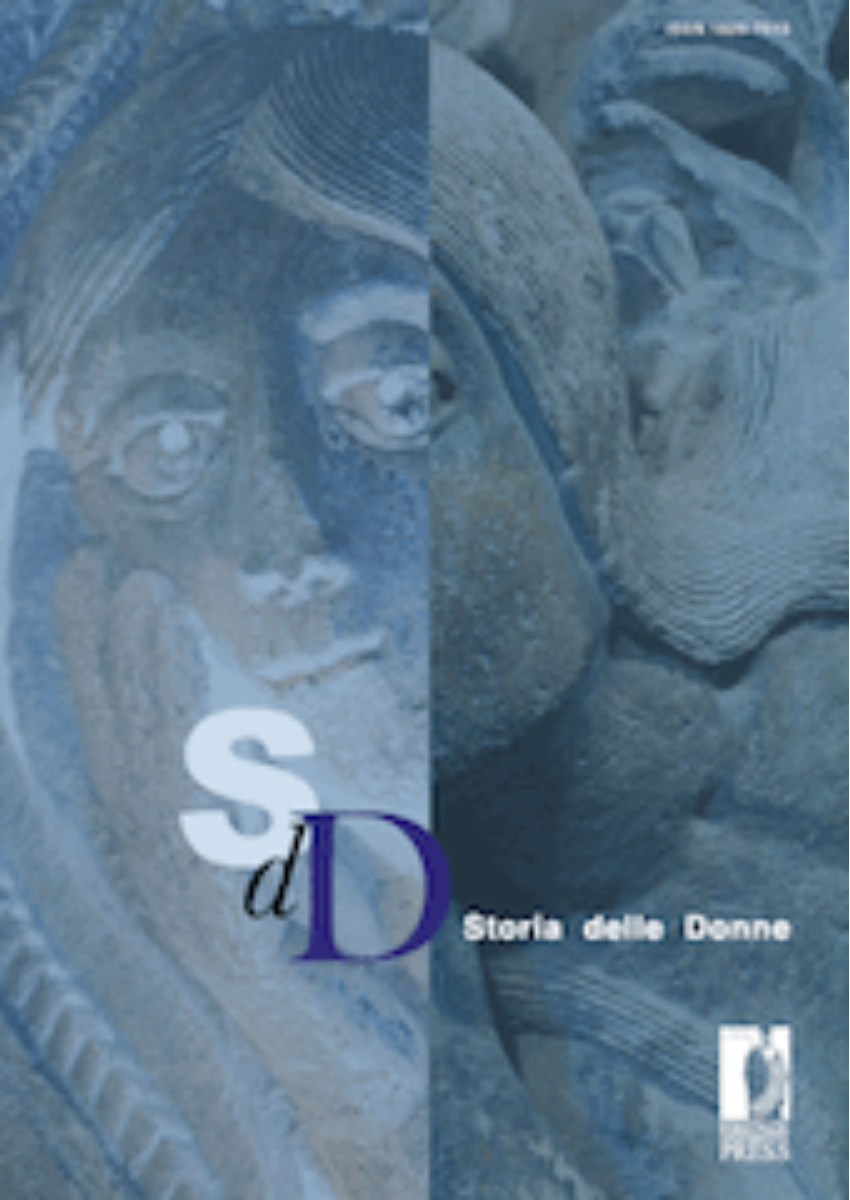Abstract
In a traditional Catholic country like Italy, the job of school teacher seems to be tailored just for women, in order to preserve quietly both roles of mother and working person, in the imagery of people who don’t work in the school world at least. This happens because the school has always been the second space of traditional display regarding gender differences, and the only one recognised as such by society, after the family. There’s no place like school where Italian women have been free to exhibit and make the most of their own relational competencies, even their sex difference, getting the same payment reserved for men but anyway lower than payments existing in other service sectors. Italy is the country where the family-school pair has assumed a legendary status for decades, with the woman usually seen as a link between these two environments; and maybe that’s exactly the reason why the school has become the stage where each and every metamorphosis of family is set up and the female presence gets its identity as biological and cultural reproductive subject. As long as teaching is that particular cognitive work in which the knowledge is hoarded to wield a lower power, women have been reduced to technical roles of teachers, so to be excluded from the spaces reserved to higher power: economy and politics. Maternalistic and consumerist structures typical of the last times led this subordination to a crisis in Italy too, but with no creation of a good alternative model. When the so-called First Republic (that was a kind of symbolic Father-State) crashed down, the female model of cultural transmission broke up at the same time. In order to understand this trend, and perhaps to reverse it, the feminisation of teaching should be considered as a political question, and no longer as a treasure to be protected or defended. The same target regards the public school too.


